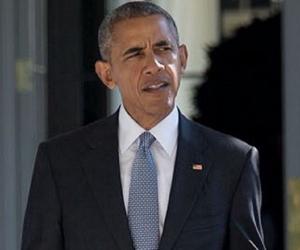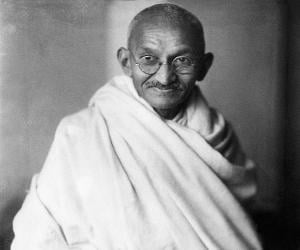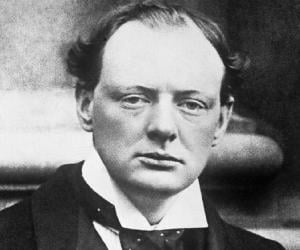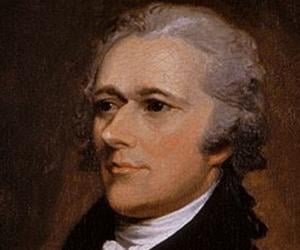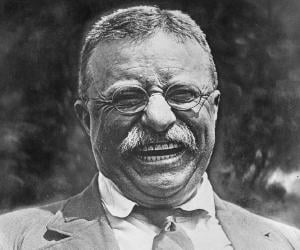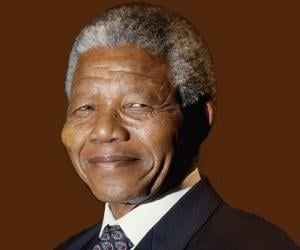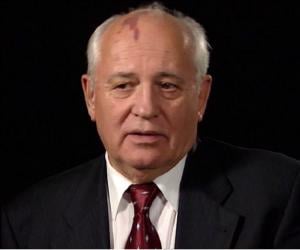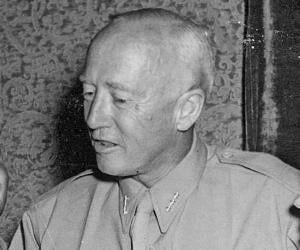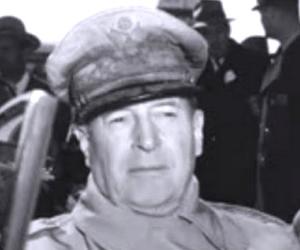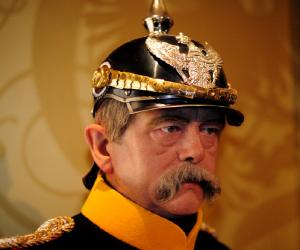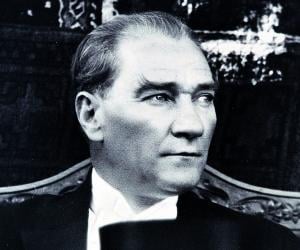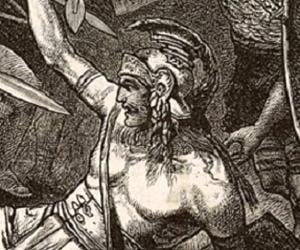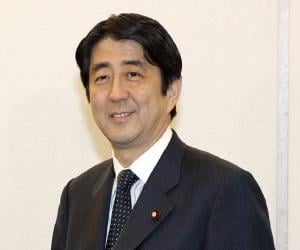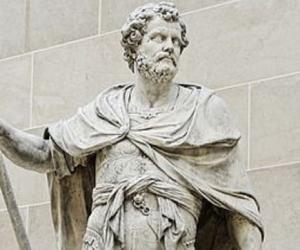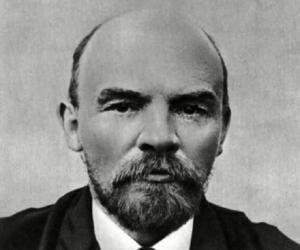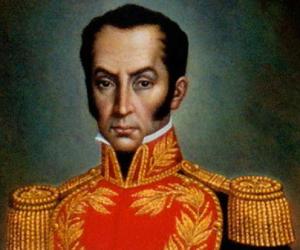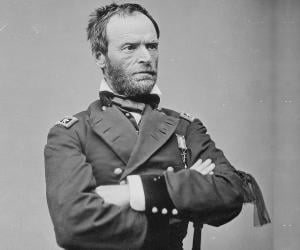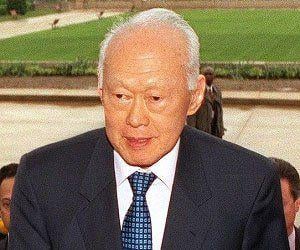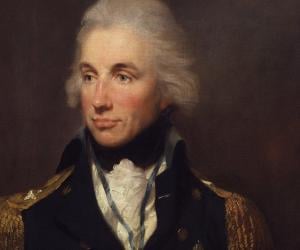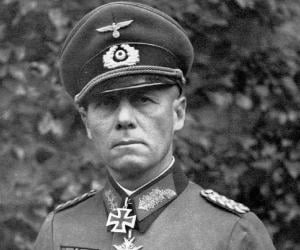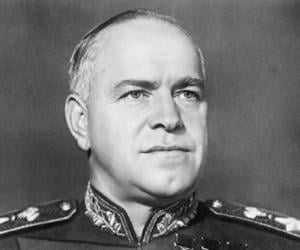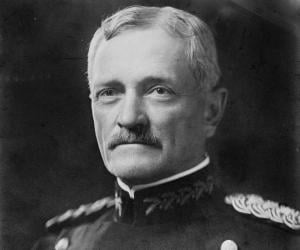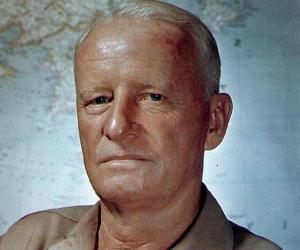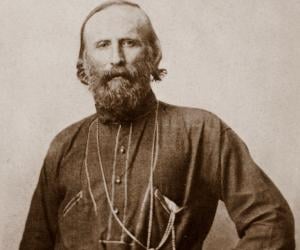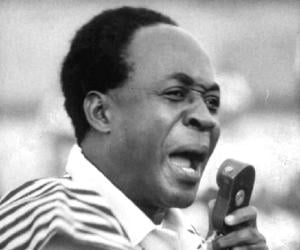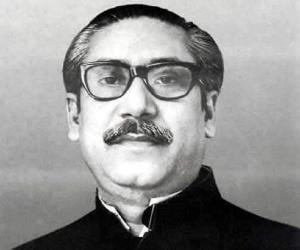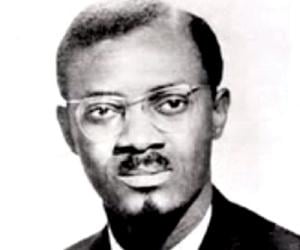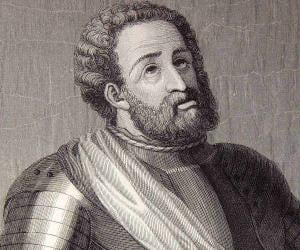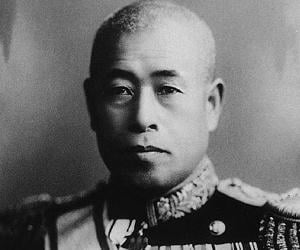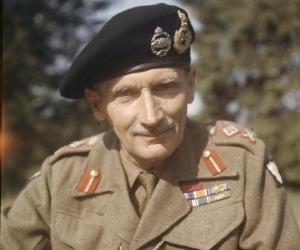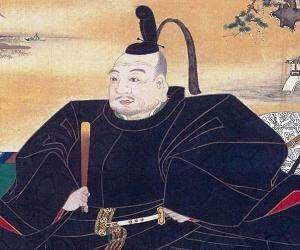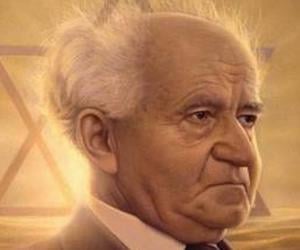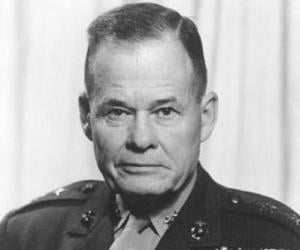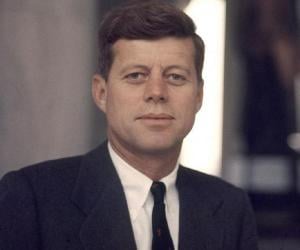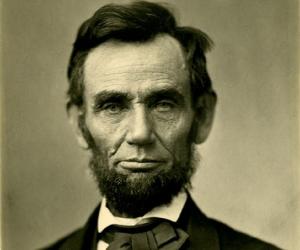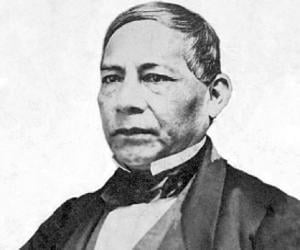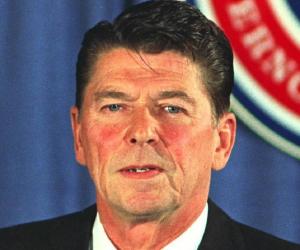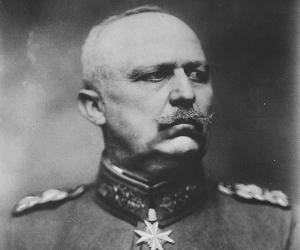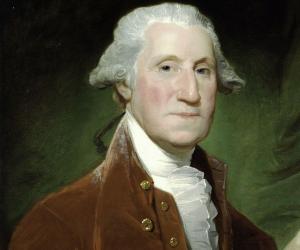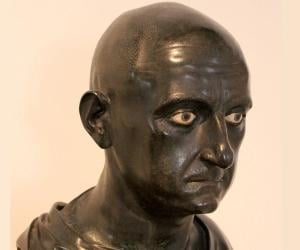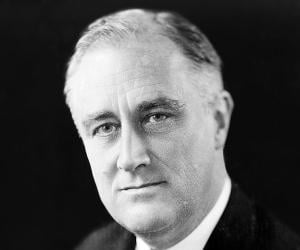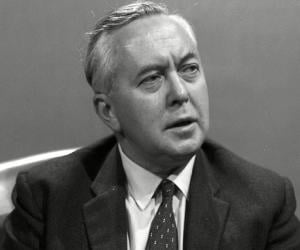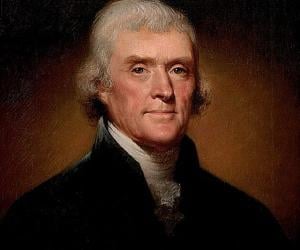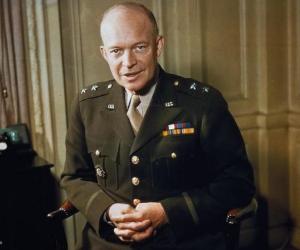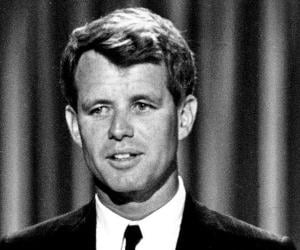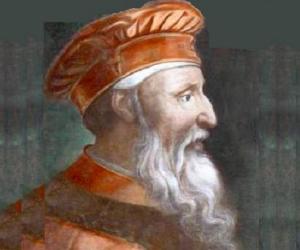Former President of the United States, Barack Obama, has the distinction of being the first African-American president of the nation. A civil rights attorney and an academic, he has been credited with bringing about a significant improvement in America’s reputation abroad. His efforts to strengthen international diplomacy was recognized with the 2009 Nobel Peace Prize.
An Indian lawyer and anti-colonial nationalist, Mahatma Gandhi was a major figure in India’s fight for independence from British rule. He is renowned for his employment of non-violent resistance and civil disobedience methods. Despite his popularity, he had numerous detractors as well and was assassinated in 1948. He is widely considered the Father of the Nation in India.
The former Prime Minister of the United Kingdoms, Winston Churchill, is known for successfully leading his country during the Second World War against the Nazi Germany. An officer in the British army, he also served as a war correspondent before venturing into politics. One of the most influential peoples in British history, Churchill was also an accomplished painter.
Known as America’s one of the most influential Founding Fathers, Alexander Hamilton was a delegate to the Constitutional Convention and served as the first secretary of the treasury. He also fought in the American Revolutionary War and was considered as a leading votary of the strong central government.
A leader in the civil rights movement in the mid-twentieth century, Martin Luther King Jr. is best remembered for advancing civil rights through nonviolence and civil disobedience. A man of Christian faith who was inspired by Indian freedom fighter Mahatma Gandhi’s nonviolent activism, he was honored with the Nobel Peace Prize for fighting racial inequality.
The 26th president of the United States, Theodore Roosevelt is generally ranked as one of the five best presidents of the country. A man of many talents, he was a politician, conservationist, naturalist, and writer. He supported Progressive Era policies in the early 20th century and championed his "Square Deal" domestic policies.
Born into a poor peasant family, Mikhail Gorbachev went on to become one of the most influential figures of the Soviet Union. He served in various positions, most notably as the General Secretary of the Central Committee of the Communist Party of the Soviet Union. He is regarded as one of the most prominent personalities of the 20th century.
A commander of the Confederate States Army during the American Civil War, Robert E. Lee commanded the Army of Northern Virginia. He was a skilled tactician who served in the US Army for 32 years. Brilliant from a young age, he was a top graduate of the US Military Academy. In his later years, he became president of Washington College.
George Patton was a general of the US Army, remembered for his work as a commander of the Seventh United States Army during World War II. He is also remembered for commanding the Third Army in the Western Front in June 1944 after the Allied invasion of Normandy. His life and work inspired the 1970 epic biographical war film Patton.
Shinzō Abe was a Japanese politician who became the longest-serving prime minister in the history of Japan after serving as prime minister of Japan from 2006 to 2007 and then from 2012 to 2020. Aged 52 at the time of assuming office as the prime minister, Abe was also the youngest Japanese post-war prime minister.
Vladimir Lenin played a key role in the history of Russian politics by developing a political ideology called Leninism. During and after his lifetime, Lenin had a massive influence over international communist movement. He is widely regarded as one of the most influential and significant personalities of the 20th century.
Lawyer-turned-politician Lee Kuan Yew, also known as LKY, was the first prime minister of Singapore, from 1959 to 1990. He established the People's Action Party. He later also served as his country’s Senior Minister and Minister Mentor. He was also part of David Rockefeller's International Council and Forbes's Brain Trust.
Horatio Nelson was a British flag officer whose inspirational leadership brought about several British naval victories, especially during the Napoleonic Wars. Regarded as one of Britain's heroic figures, Horatio Nelson's legacy remains influential and several monuments, including the Nelson Monument and Nelson's Column, have been created in his memory.
Known as The Desert Fox, Nazi field marshal Erwin Rommel led the Axis forces during World War II. For his plot to assassinate Hitler in 1944, he was given a choice to either commit suicide by consuming a cyanide pill or face a trial and execution. He chose the former.
Soviet general and Marshal of the Soviet Union, Georgy Zhukov, is remembered for overseeing some of the Red Army's most decisive victories during the Second World War. As a young man, he served in the First World War and the Russian Civil War. The recipient of four Hero of the Soviet Union awards, he was made the defence minister.
John J. Pershing was a senior United States Army officer who served as the commander of the American Expeditionary Forces (AEF) in World War I. In his later years, he mentored generals who led the United States Army during World War II. He was promoted to General of the Armies rank, the highest possible rank in the United States Army.
Chester W. Nimitz was part of the United States Navy where he served as a fleet admiral. He played a key role during World War II, commanding the US Pacific Fleet and the Allied air, sea, and land forces. He also played a crucial role in acquiring approval to develop USS Nautilus, the first nuclear-powered submarine in the world.
Italian general, patriot, and republican Giuseppe Garibaldi is remembered for the role he played in the Italian unification and the creation of the Kingdom of Italy. He is considered one of Italy's "fathers of the fatherland." A highly proficient military general, he also led the Expedition of the Thousand on behalf of Victor Emmanuel II. He died in 1882.
Kwame Nkrumah was a Ghanaian revolutionary and politician. He played an important role in the independence of the Gold Coast in 1957, after which he served as the first prime minister of Ghana from 1957 to 1960 and then as the first president of Ghana from 1960 to 1966. He also played an influential role as an advocate of Pan-Africanism.
Bernard Montgomery, 1st Viscount Montgomery of Alamein, was a British Army officer who played important roles in World War I, World War II, and the Irish War of Independence. He commanded the British Eighth Army during the Second World War and also oversaw the operations during the Battle of Normandy. Bernard Montgomery has a couple of statues dedicated to him.
Tokugawa Ieyasu was the founder and first shōgun of the Tokugawa shogunate of Japan. He is considered one of the three "Great Unifiers" of Japan. He was the son of Matsudaira Hirotada, a minor local warlord. He grew up to be an ambitious young man with exemplary leadership qualities and eventually founded the Tokugawa shogunate of Japan.

Arab Muslim army general Khalid ibn al-Walid had a prominent role in the the Ridda Wars against Arab rebels and in the campaigns in Sasanian Iraq and Byzantine Syria. He was a major figure in the Islamic expansion under the Prophet Muhammad and his successors, Abu Bakr and Umar.
The 35th President of the United States, John F Kennedy was a charismatic leader who, during his tenure, ably dealt with Cuban missile crisis, proposed public service programmes and lent support to the growing civil rights movement. Before becoming one of the youngest Presidents of the country, he served in the navy, U.S. House of Representatives and the US Senate.
A self-educated lawyer, Abraham Lincoln rose from modest background to become one of the greatest presidents of America. The 16th president of the country, who is also known as Honest Abe and the Great Emancipator, played a crucial role in establishing a truly democratic government, abolished slavery, modernised economy and led the country during the American Civil War.
Benito Juarez was a Mexican lawyer and politician. He served as the 26th president of Mexico from 1858 to 1872, becoming the first president of Mexico who was of indigenous origin. He died of a heart attack in 1872. To date, he is revered as "a preeminent symbol of Mexican nationalism and resistance to foreign intervention."
An actor turned union leader turned politician, Ronald Wilson Reagan served as the 40th president of America. Hailed for his public speaking and communication skills, Reagan is one of the most popular Presidents of USA, mainly due to his ‘America First’ economic policies which led to a decrease in inflation and unemployment rates during his tenure.
German military leader Erich Ludendorff gained fame with the victories at Liège and Tannenberg during World War I. He promoted the theory that Marxists, Jews, and Freemasons were responsible for Germany’s defeat in the war. He later became a military theorist, writing books such as The Total War.
America’s first president, George Washington led the country with integrity, firmness and prudence that made him one of the greatest presidents in American history. He became a national hero before assuming presidency, when he led the Continental Army to victory against the British during the American Revolution.
F D Roosevelt was the 32nd president of the United States and was in the office from 1933 to1945. Qualified as a lawyer, he entered politics as an ambitious young man, inspired by his relative Theodore Roosevelt, a fellow politician. F D Roosevelt had an illustrious political career and is rated by scholars among the nation's greatest presidents.
The Prime Minister of the United Kingdom for two non-consecutive terms, Harold Wilson was a British Labour politician. Historians commend him for leading his party through difficult political issues with considerable skill. With a moderate approach to socialism, he was a popular politician during his first tenure as the prime minister; his second tenure wasn’t as successful.
The 2nd Vice President and the 3rd President of America, Thomas Jefferson was one of the Founding Fathers of USA and the principal draftsman of the Declaration of Independence. Jefferson was a staunch advocate of democracy and a strong believer of individual rights and religious freedom, despite the fact that he himself owned nearly 600 slaves.
The 34th president of the United States, Dwight D. Eisenhower held office from 1953 to 1961. An army officer During World War II, he was part of many successful operations. He signed the Civil Rights Act of 1957, and his two terms as president saw widespread economic prosperity in USA. He is ranked high among American presidents.
Benjamin Franklin is considered one of the founding fathers of the United States as he was a signer of both the Declaration of Independence and the Constitution. He was a writer, politician, scientist, inventor, civic activist, an accomplished diplomat and much more. He is a key figure in the history of physics for his discoveries and theories regarding electricity.
Robert F Kennedy, the brother of the 35th US president John F Kennedy, was a politician who served as US Attorney General and as US Senator. He was known as a civil rights and human rights activist and fought against organised crime and the Mafia. He opposed America’s involvement in the Vietnam War. He was assassinated by a 24-year-old Palestinian.
